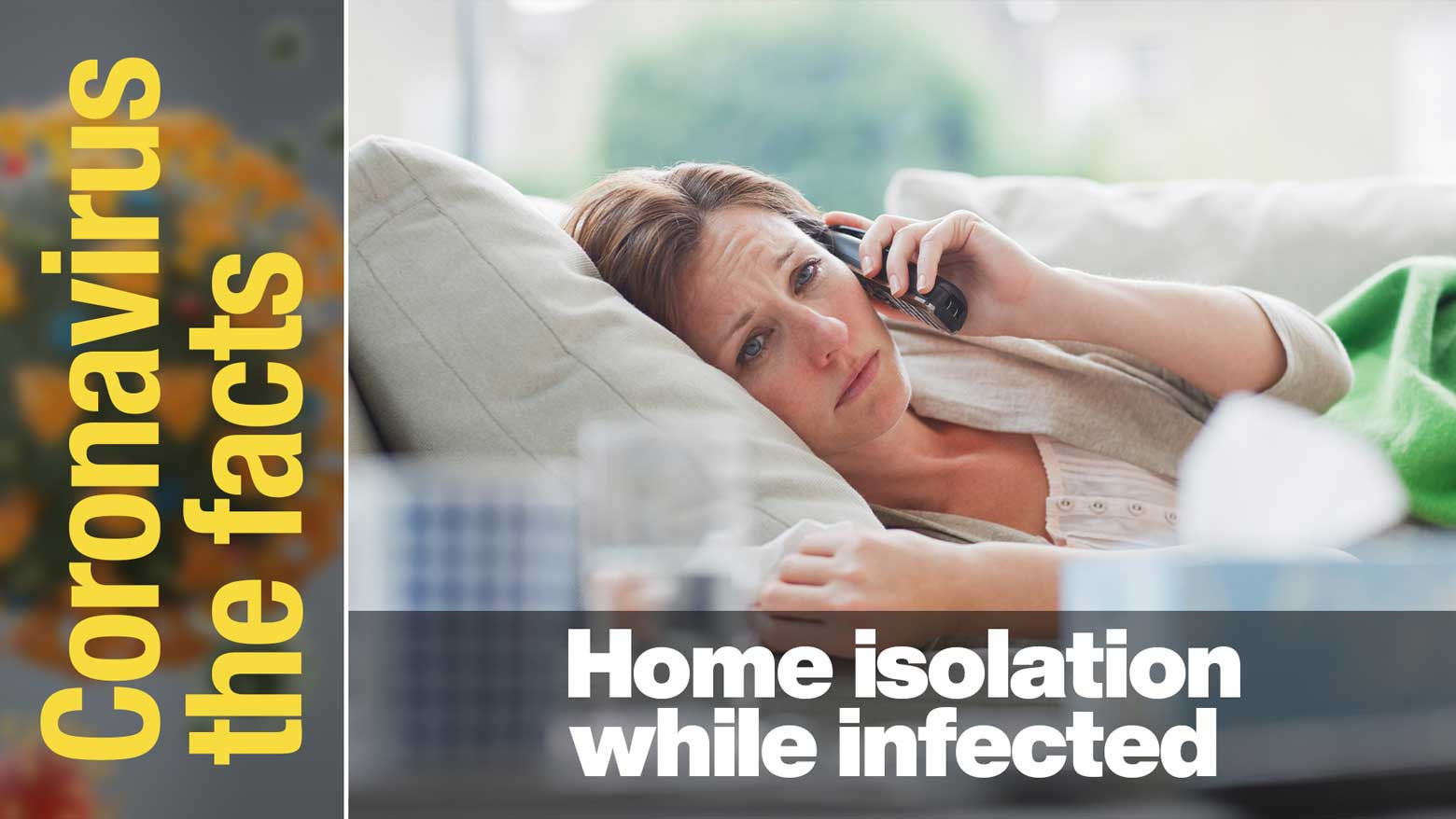This is our series on key coronavirus-related information. Click here to read other installments: #Coronavirus the facts. Find the latest information and answers from experts on everything COVID-19.
Record numbers isolating at home
The number of people in Japan with serious COVID-19 symptoms hit a record high for a 19th consecutive day on August 31. With the medical system stretched to capacity, many have no choice but to try to recuperate at home. On August 25, the health ministry said more than 100,000 people were doing just that. And without expert medical care, some people are dying at home.
Home isolation guide
A group of volunteer healthcare and public hygiene experts has compiled a list of points to consider when isolating at home. They highlight symptoms that require immediate care, and explain how to limit the risk of passing the virus to family members.
Emergency symptoms
The group recommends calling an ambulance if you observe any of the following symptoms:
- Blueish lips
- Heavy breathing
- Sudden shortness of breath
- Shortness of breath when engaging in simple movement
- Chest pain
- Unable to breathe when lying down
- Panting with heaving shoulders
- Sudden wheezing
- An irregular pulse
It also urges people sharing a residence with someone infected to watch for the following:
- Pale face
- Changes in appearance or behavior
- Weakened response to call or touch
- No response to call or touch
Reducing the risk of infecting others
Recommendations designed to prevent the spread of infection include:
• The patient and other residents should stay in different rooms.
• There should be just one caretaker if possible.
• Both the patient and the caretaker should wear a mask.
• The patient and the caretaker should wash their hands frequently.
• Ventilate rooms during the day.
• Clean and disinfect shared surfaces that are frequently touched.
• Wash soiled linen and clothes.
• Seal garbage tightly and throw it out.
Pulse oximeters a valuable tool
Infectious diseases expert Professor Matsumoto Tetsuya, from the International University of Health and Welfare, says it is essential for people recuperating at home to monitor blood oxygen levels. He recommends using a pulse oximeter and consulting a public health center immediately if the level drops suddenly, or falls below 90 percent.
If you do not have an oximeter, Matsumoto says the warning signs are panting with heaving shoulders, a pale face or blueish lips.
Stay connected if living alone
Matsumoto says people with the virus should keep in close contact with friends and family, even if they live far apart. That means there is someone to raise the alarm if the patient stops communicating.
Matsumoto also advises people to stock up on food, drinking water and fever medications if they get infected and have to isolate at home.
This information is accurate as of September 1.
